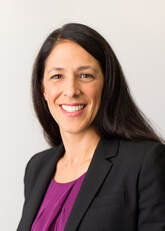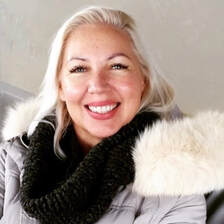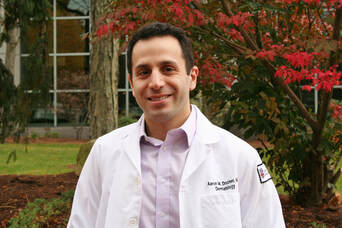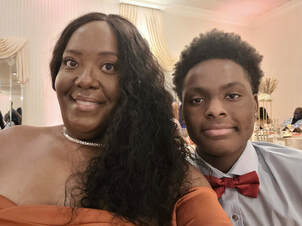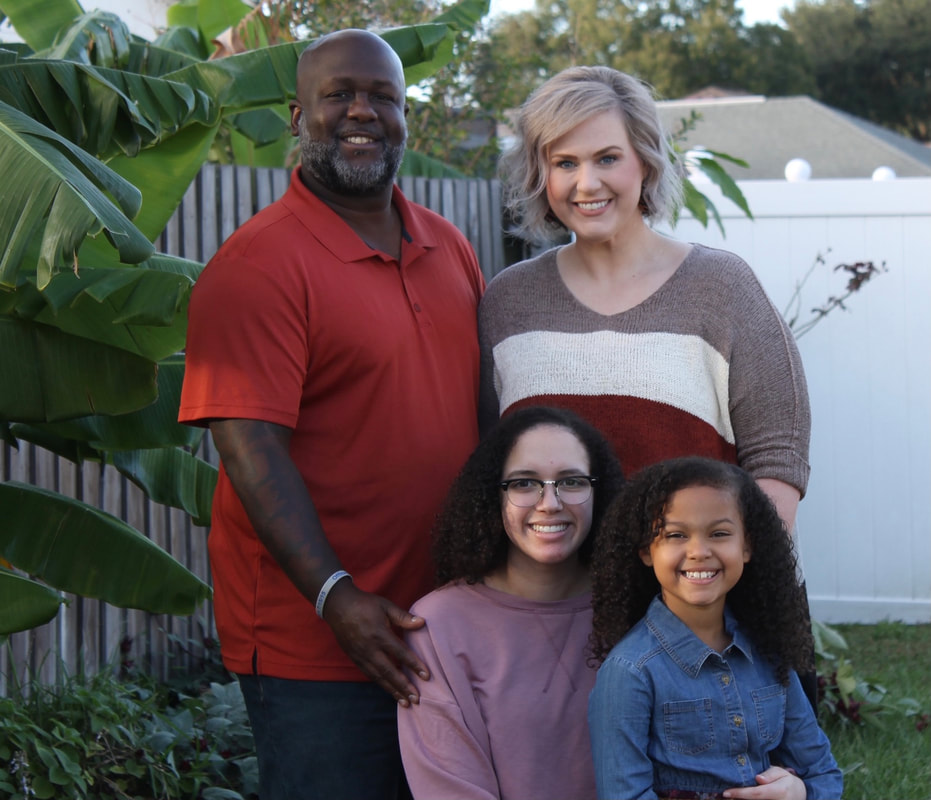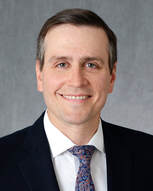The true impact of eczema is best understood through the stories and experiences of individuals who live with it every day. For those affected, the burden goes far beyond a simple sensation or itch and can permeate nearly every aspect of life and health. The patients, providers and caregivers featured in this library share their stories of what living with eczema is actually like and offer their hopes for the future of care and treatment.
Dr. Katrina Abuabara
|
"We've come a long way in our understanding of eczema. We used to think of it as just a skin disease, but now we think of it as a systemic condition that can impact other aspects of health. That's leading to a real transition in the treatment paradigm."
– Katrina Abuabara, MD, MSCE Read Dr. Abuabara’s story >> |
Raelle Brown
|
"Eczema is all-encompassing. It's the whole person. It's definitely not just the skin. It's your time, it's your money, it's your mental health, and it's your relationships."
– Raelle Brown, Patient Read Raelle’s story >> |
Patricia Cervini
|
“I grew up in a military family where we were taught to soldier on, so I built up what I have come to think of as my eczema body armor. Feeling so sick with what others think is just a skin rash is miserable. That’s why I sought out other people living with eczema. Because when we help each other, everyone feels less alone.”
– Patricia Cervini, Patient Read Patricia Cervini's story >> |
Gregg Clark
|
"I felt that no one understood what I was going through. Not only when it comes to #eczema, but the residue after those things physically leave, like the shame and the embarrassment."
– Gregg Clark, Patient |
|
Jed Cutaran
|
"The mental aspect of this disease is so real. Sometimes I'd sit in the parking lot at work, scared to go home and learn how things had gotten worse. So many specialists whose degrees I put my faith in dismissed us or made us feel like guinea pigs. And there are so many questions I wish I'd asked. My hope for the future is that there will be more research into how eczema and its treatments affect different people differently, especially people of color, so we can find better, more personalized solutions for everyone."
– Jed Cutaran, Caregiver Read Jed’s story >> |
Lynell Doyle
|
"There are some days that are really really hopeless. There are some days that I spend time alone, just crying. It's like I'm carrying around a backpack that's full of emotional bricks."
– Lynell Doyle, Caregiver |
|
Dr. Aaron Drucker
|
"When I first started in dermatology, I thought of eczema as a children's disease. Then I noticed how many patients in our adult dermatology clinics were dealing with it and how it impacted nearly every aspect of their lives, health, and work. That's what turned me on to this field of research."
– Aaron Drucker, MD Read Dr. Drucker’s story >> |
Akilah Evans-Pigford
|
“My hope for the future is more — more treatment options, more accessible, affordable drugs that meet people’s needs where they’re at, and more research, especially involving people of color. Eczema may be a common disease, but it’s not one thing, and every case is different. We need to treat each person holistically, based on their unique symptoms and experiences.”
– Akilah Evans-Pigford, Caregiver and former patient Read Akilah’s story >> |
Kacey Jenkins
|
“Too often, parents and patients are made to feel guilty for wanting to try new or nontraditional treatments when existing options aren’t working. We’re at the mercy of doctors who aren’t trained in eczema and don’t understand how it affects different people. Even when we’ve done all the research and can clearly explain what risks we’re willing to take we still don’t have the ability to make those decisions on our own.”
– Kacey Jenkins, Caregiver Read Kacey’s story >> |
Dr. Peter Lio
|
“This is a disease of vicious cycles. The same psychological stress and sleep deprivation that damages our skin barrier and decreases our ability to heal from wounds also drive our immune system crazy. They act as a double-edged sword, causing people with AD to feel unfocused and foggy, a state that can often extend beyond the patient to family and caregivers.”
– Peter A. Lio, MD Read Dr. Lio’s story >> |
Amanda Lopez
|
|
"Isolation is one of the top terms that come to mind. And just wanting a sense of community because you're so alone. I don't people to suffer all their life without . . . that emotional support."
– Amanda Lopez, Patient |
Dr. Jeffrey McBride
|
“Policymakers and regulators should recognize that eczema is potentially even more complex than other dermatologic conditions, such as psoriasis, and that patients aren't all the same. You might have a treatment that's effective for one group but not another. Developing a better understanding of how eczema affects different populations is essential, as well as allocating more basic and translational research funding to develop eczema treatments. This will facilitate more new drug applications to the FDA.”
– Jeffrey McBride, MD, PhD Read Dr. McBride’s story >> |
Dr. Jonathan Silverberg
|
“There are tremendous disparities in this disease, and this is a very active conversation right now within clinical dermatology. We’re working to minimize disparities and improve quality of care, not just clinically but socioeconomically and across racial and ethnic divides as well. The field is undergoing a frameshift in how research is being done. Doctors need to treat their patients as individuals, and payers need to understand how progressive and life-threatening eczema can be.”
– Jonathan Silverberg, MD, PhD, MPH Read Dr. Silverberg’s story >> |
Dr. Eric Simpson
|
"MoreThanSkinDeep means primarily the impact on patients' mental health and their daily life. The struggle and the suffering you see is not on the outside; it's on the inside."
– Eric Simpson, MD, MCR |
|
Watch the Sept. 23
|
Full-color report &
|
View the meeting agenda
|

